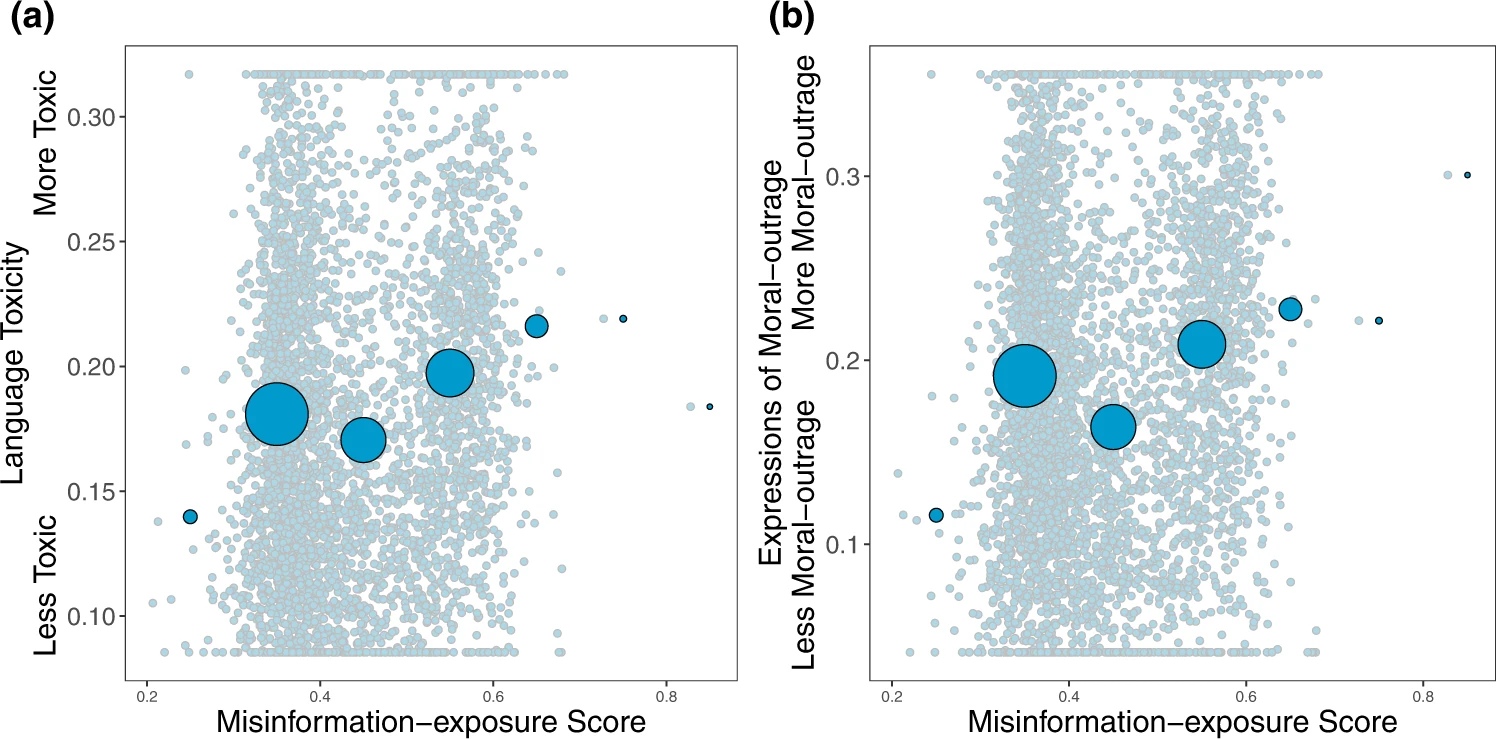you have the slime mold and you put a piece of oat which the Slime wants to eat
for - individual or collective behavior - slime mold - prisoner's dilemma and slime molds - slime molds - me vs we - me vs we - slime molds - adjacency - slime molds - me vs we - multicellular organisms
- quote
- You have the slime mold and you put a piece of oat which the Slime wants to eat and
- it starts to crawl towards that oat and then
- What you can do is you can take a razor blade and just cut off that leading edge
- the little piece of it that's moving towards the oat
- Now as soon as you've done that
- that little piece is a new individual and
- it has a decision to make
- it can go in and get the oat and exploit that resource and not have to share it with this giant mass of faizaram that's back here or
- it can first merge back and connect back to the original mass
- because they can reconnect quite easily and then they go get the oat
- Now the thing is that the the payoff Matrix looks quite different because
- when it's by itself it can do this calculus of "well, it's better for me to go get the food instead of and not share it with this other thing"
- but as soon as you connect, that payoff Matrix changes because there is no me and you
- there's just we and at that point it doesn't make any sense to the fact that
- you can't defect against yourself so that payoff table of actions and consequences looks quite different
- because some of the actions change the number of players and
- that's really weird
adjacency between - slime molds - me vs we -multicellular organisms - social superorganism and societal breakdown - adjacency statement - A simple slime mold experiment could make an excellent BEing journey - to demonstrate how multicellular beings operate through higher order organizational principle of collaboration that - keeps cells aligned with a common purpose, - but that each cellular unit also comes equipped with - an evolutionarily inherited legacy of individual control system - normally, the evolutionarily later and higher order collaborative signaling that keeps the multi-cellular being unified overrides the lower order, evolutionarily more primitive autonomous cellular control system - however, pathological conditions can occur that disrupt the collaborative signaling, causing an override condition, and individual cells to revert back to their more primitive legacy survival system - The same principles happen at a societal level. - In a healthy, well-functioning society, the collaborative signaling keeps the society together - but if it is severely disrupted, social order breakdown ensues and - individual human beings and small groups resort to individual survival behavior
